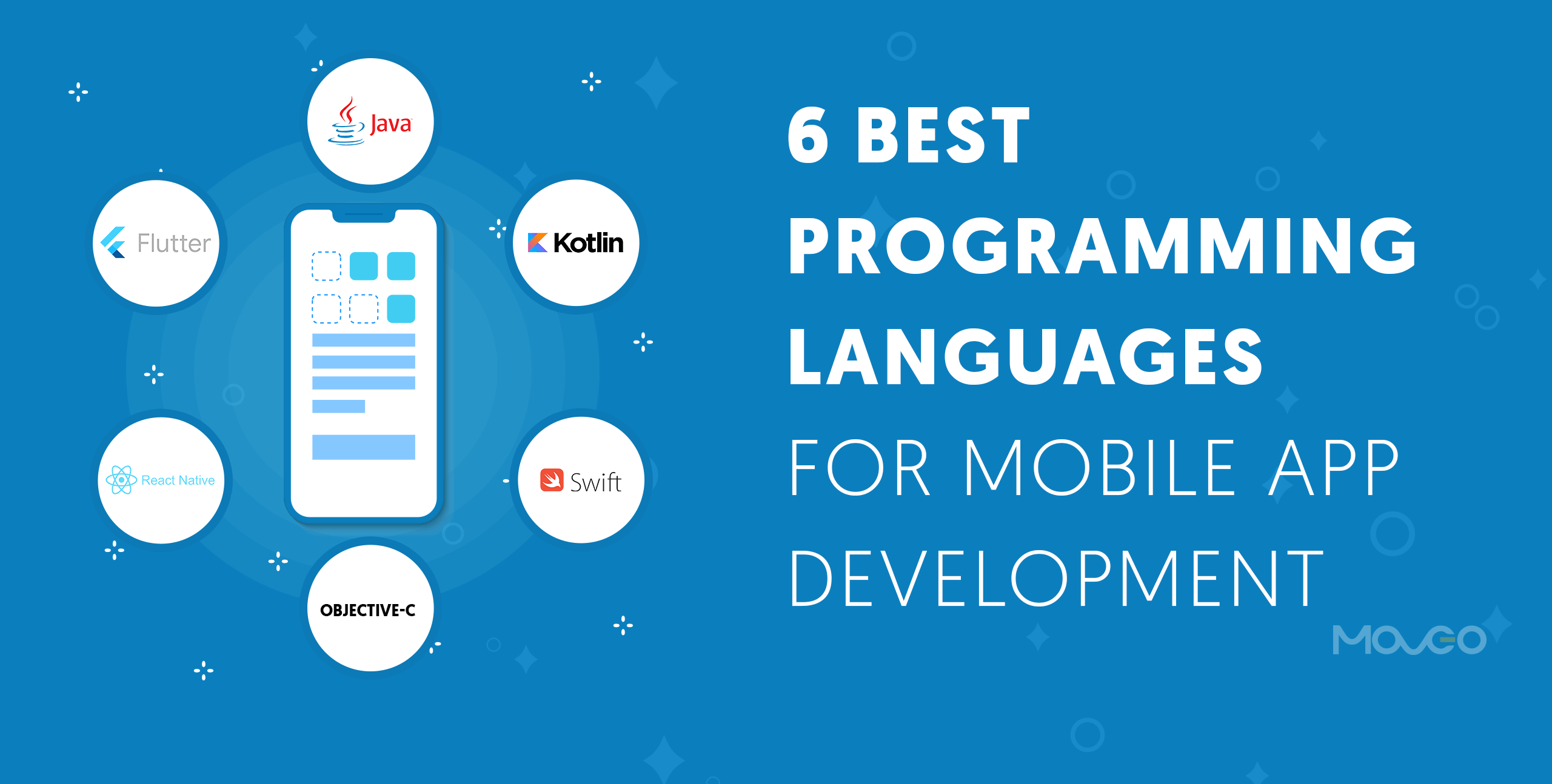Which Language is Best for Android App Development?

When it comes to developing Android apps, choosing the right programming language is crucial for success. With several options available, developers often find themselves in a dilemma regarding which language to use. Each language has its own strengths and weaknesses, making the decision even more challenging. In this blog article, we will explore the popular programming languages for Android app development and help you make an informed choice.
Nowadays, the two most widely used programming languages for Android app development are Java and Kotlin. Java has been the official language for Android development for many years and boasts a vast ecosystem of libraries and frameworks. On the other hand, Kotlin, introduced by JetBrains in 2011, has gained significant popularity due to its modern features and seamless interoperability with Java.
1. Java for Android Development
Java has been the go-to language for Android development since the inception of the platform. Its robustness, extensive documentation, and large developer community make it an excellent choice for building Android apps. In this section, we will delve into the benefits of using Java for Android development and explore its drawbacks.
2. Kotlin for Android Development
Kotlin, a statically typed programming language developed by JetBrains, has emerged as a strong contender for Android development. It offers modern features, enhanced productivity, and seamless interoperability with Java. This section will discuss the advantages of using Kotlin for Android app development and highlight any potential drawbacks.
3. Performance and Efficiency
Examining the performance and efficiency aspects of both Java and Kotlin in Android app development is crucial. This section will compare the performance of these languages, analyzing factors such as speed, memory utilization, and battery consumption.
4. Learning Curve and Community Support
The learning curve and community support play vital roles in the success of any programming language. This section will evaluate the ease of learning Java and Kotlin, availability of learning resources, and the size and responsiveness of their respective developer communities.
5. Development Speed and Productivity
In this section, we will discuss the impact of Java and Kotlin on development speed and productivity. We will compare their syntax, coding patterns, and available tools to determine which language allows developers to build Android apps faster and with greater efficiency.
6. Code Maintainability and Readability
Code maintainability and readability are crucial factors that affect the long-term viability of an Android app. This section will examine how Java and Kotlin differ in terms of code organization, expressiveness, and ease of maintenance.
7. Third-Party Libraries and Frameworks
Both Java and Kotlin have access to a wide range of third-party libraries and frameworks that simplify Android app development. This section will compare the availability, compatibility, and community support of these libraries in both languages.
8. Native Development vs. Cross-platform Development
Native Android app development involves using Java or Kotlin to build apps specifically for the Android platform. However, cross-platform development allows developers to write code once and deploy it on multiple platforms. This section will explore the pros and cons of native and cross-platform development approaches.
9. Industry Trends and Job Market
The demand for Android app developers is continuously growing, and industry trends play a significant role in language selection. This section will analyze current industry trends and the job market for Java and Kotlin developers to help you make an informed decision.
10. Conclusion
After a comprehensive analysis of Java and Kotlin for Android app development, it is evident that both languages have their own merits and drawbacks. The choice ultimately depends on your specific requirements, project complexity, and personal preferences. Whether you opt for the robustness of Java or the modernity of Kotlin, both languages offer excellent opportunities for building successful Android apps.
In conclusion, choosing the best language for Android app development is a decision that requires careful consideration. By evaluating various factors such as performance, learning curve, productivity, code maintainability, and industry trends, you can make an informed choice and embark on your journey to create remarkable Android applications.

Post a Comment for "Which Language is Best for Android App Development?"
Terimakasih Telah Berkunjung Di Blog Ini, Jika Merasa Artikel Bermanfaat Jangan Lupa Untuk DiShare.
Atas Kerjasamanya Admin Mengucapkan Terimakasih.
----Katingo Take----